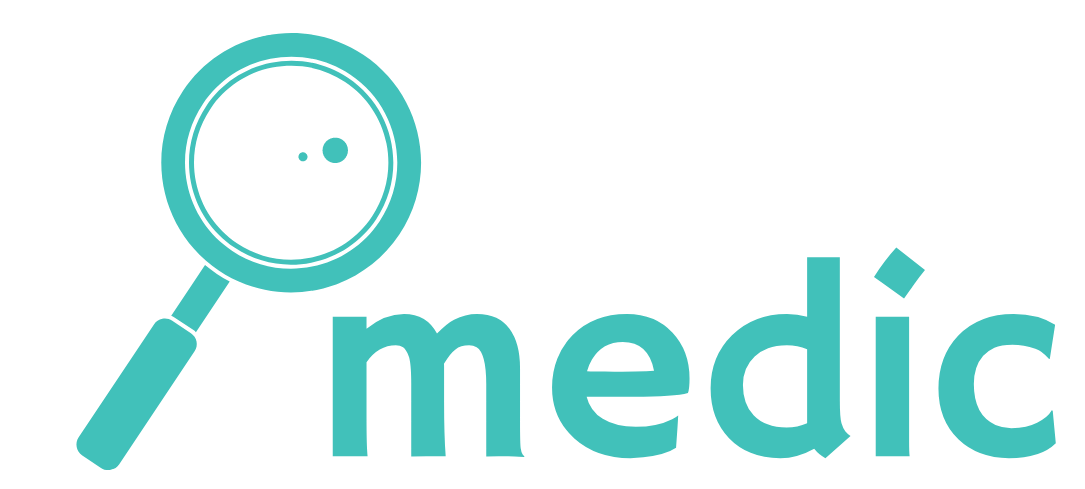Better Feedback – Less Conflict
Why this workshop?
Giving and receiving feedback is a double-edged sword in a workplace environment, when it comes to conflict management. On the one hand, effective feedback giving (especially in the context of one-on-ones), is one of the most effective conflict prevention strategies, as it allows for issues to be proactively addressed in a respectful and constructive way, instead of allowing situations to spiral out of control, beyond the point where a relationship can be salvaged. On the other hand, badly given or received feedback (they often go hand in hand, although they don’t have to) can result in hurt feelings, resentment, frustration, confusion, anger and a whole other host of negative emotions that disrupt a working relationship.
The good news is that giving and receiving feedback is a skill that people can learn. Once you’ve learned and mastered this skill, you will be able to build more effective workplace relationships while driving continual improvement.
What we aim to achieve.
By the end of this workshop, participants will be able to:
Identify why feedback is important and what the different types of feedback are
Develop skills and implement plans to give effective feedback
Develop best practices to seek and receive feedback
Recognise identity triggers when giving/receiving feedback
Better communicate when giving/receiving feedback
Build an action plan to develop and practice feedback skills
Who is it for?
Managers and supervisors who need to give feedback to their direct reports
Team members who need to give feedback to each other or upward feedback to their managers
Business owners to give effective feedback to their employees
Anyone (employees, employers, managers and direct reports) who needs to learn how to receive feedback effectively and use it for their self-development, to improve performance and/or to run their company more successfully.
What we will cover.
What constitutes effective feedback
The barriers to giving and receiving effective feedback
The benefits of effective feedback at work
Types of feedback (including positive and constructive feedback, and formal vs informal feedback)
How to balance constructive and positive feedback
The characteristics of effective feedback as opposed to ineffective feedback
Communication techniques
Steps for giving positive feedback effectively
Steps for giving constructive feedback effectively
Receiving feedback and addressing identity triggers
Action Plan to Practice and Develop Feedback Skills
DISC Profiles and relevance to giving and seeking feedback (optional topic)
Duration:
1/2 to 1 Day
Workshop contents may vary based on duration.
